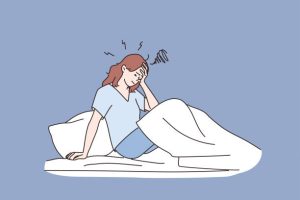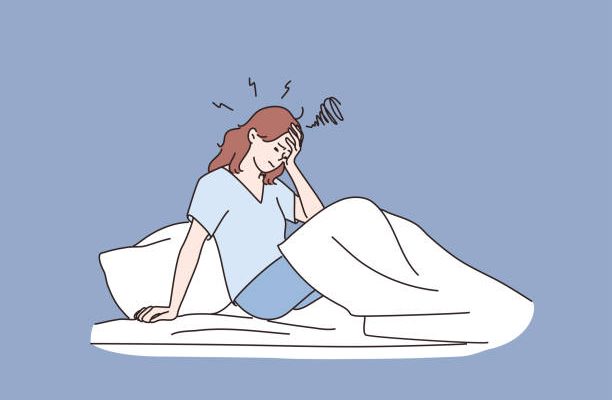
The piercing throb, the insistent pulse, the shroud of darkness – anyone who has ever suffered a migraine knows all too well the crippling pain it can bring. With millions grappling with this condition, understanding effective migraine treatment options isn’t just important – it’s crucial to finding relief.
The quick grab-and-go for instant relief. Over-the-counter (OTC) medications can often be a first line of defense against migraines.
- Acetaminophen (Paracetamol): Commonly used for pain relief.
- Non-Steroidal Anti-Inflammatory Drugs (NSAIDs): Aspirin, ibuprofen, and naproxen help reduce inflammation and pain.
- Combination Medications: Products like Excedrin combine aspirin, acetaminophen, and caffeine to target migraine pain.
- Anti-nausea Medications: For those who experience nausea with migraines.
Note: Always read labels and consult with a healthcare provider before starting any medication.
Prescription Medications
When the regulars don’t work, there’s a stronger line of defense. Prescription medications are tailored for those who find OTC options insufficient.
- Triptans: Medications like sumatriptan (Imitrex) and rizatriptan (Maxalt) are specifically designed for migraines.
- Beta-blockers: Drugs like propranolol can prevent migraines.
- Antidepressants: Amitriptyline can help reduce migraine frequency.
- Antiseizure Medications: Drugs like topiramate (Topamax) can be effective for some.
- CGRP Inhibitors: Newer drugs that block the effects of CGRP, a molecule involved in migraine attacks.
Note: Prescription medications should always be taken under the guidance of a healthcare professional.
Natural Remedies
Embracing the power of nature to counter the storm. Natural remedies offer alternative or complementary approaches to traditional medicine.
- Magnesium: Deficiencies in magnesium can trigger migraines. Supplements may help.
- Riboflavin (Vitamin B2): Some people find migraine frequency reduced with its intake.
- Feverfew: An herbal remedy with a history of use for headaches.
- Butterbur: Studies suggest it can reduce migraine frequency.
- Peppermint Oil: Applied to the temples, it can provide relief for some.
- Relaxation Techniques: Yoga, meditation, and deep-breathing exercises can help manage stress, a common migraine trigger.
Note: Before starting any natural remedy, ensure it doesn’t interfere with any medications and consult a healthcare provider.
Migraines can be debilitating, but with a myriad of relief options available, you don’t have to suffer in silence. Finding what works best for you may take time, but it’s a journey worth embarking upon. With research and consultation, relief is possible.




